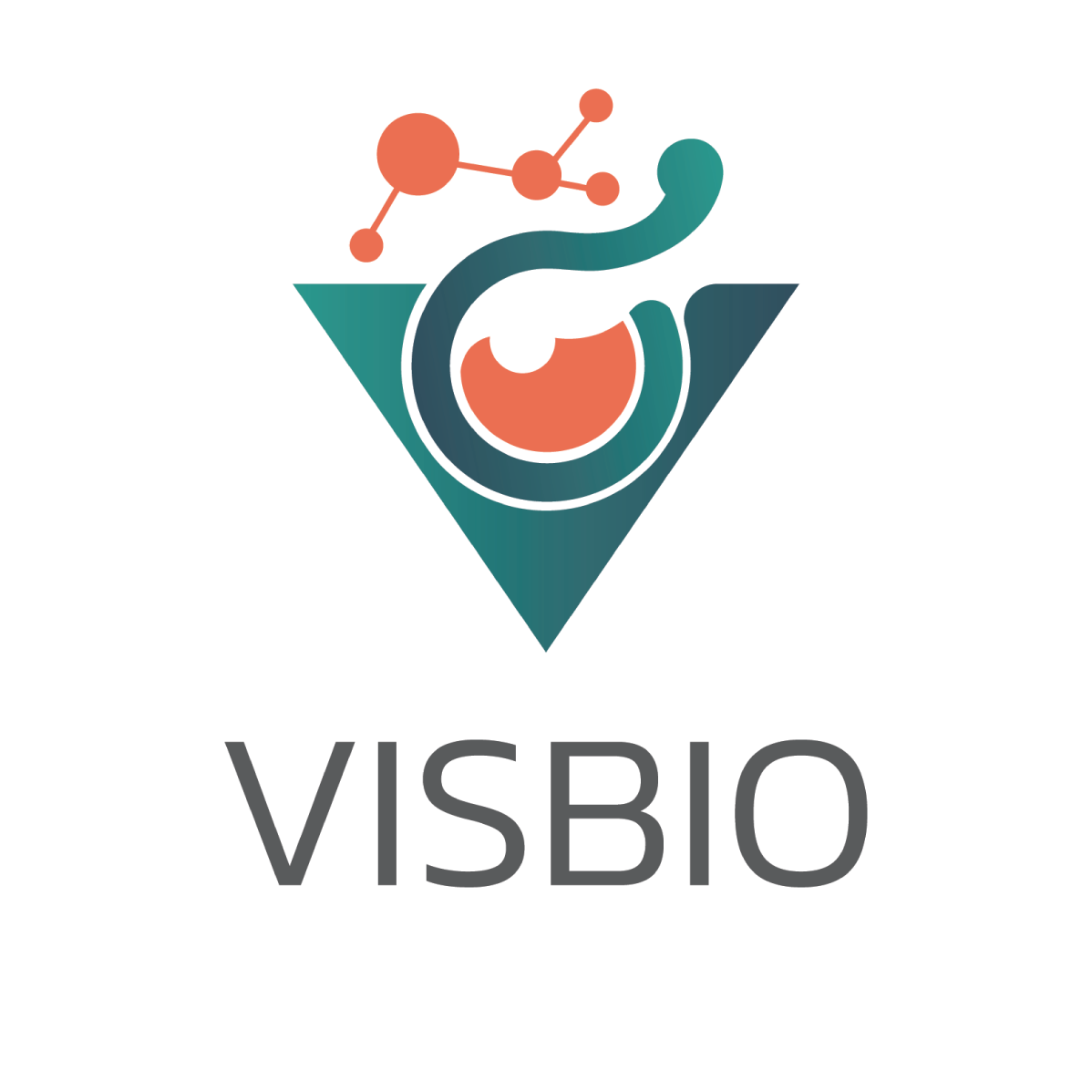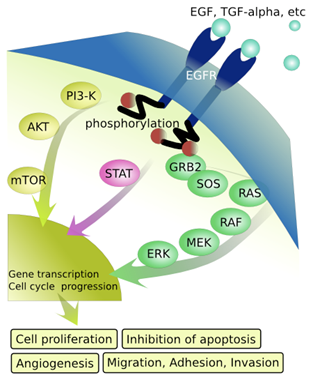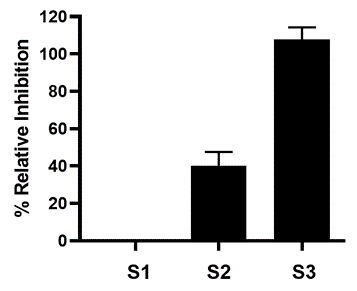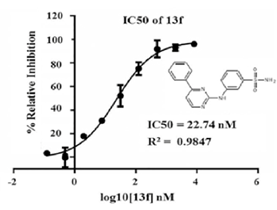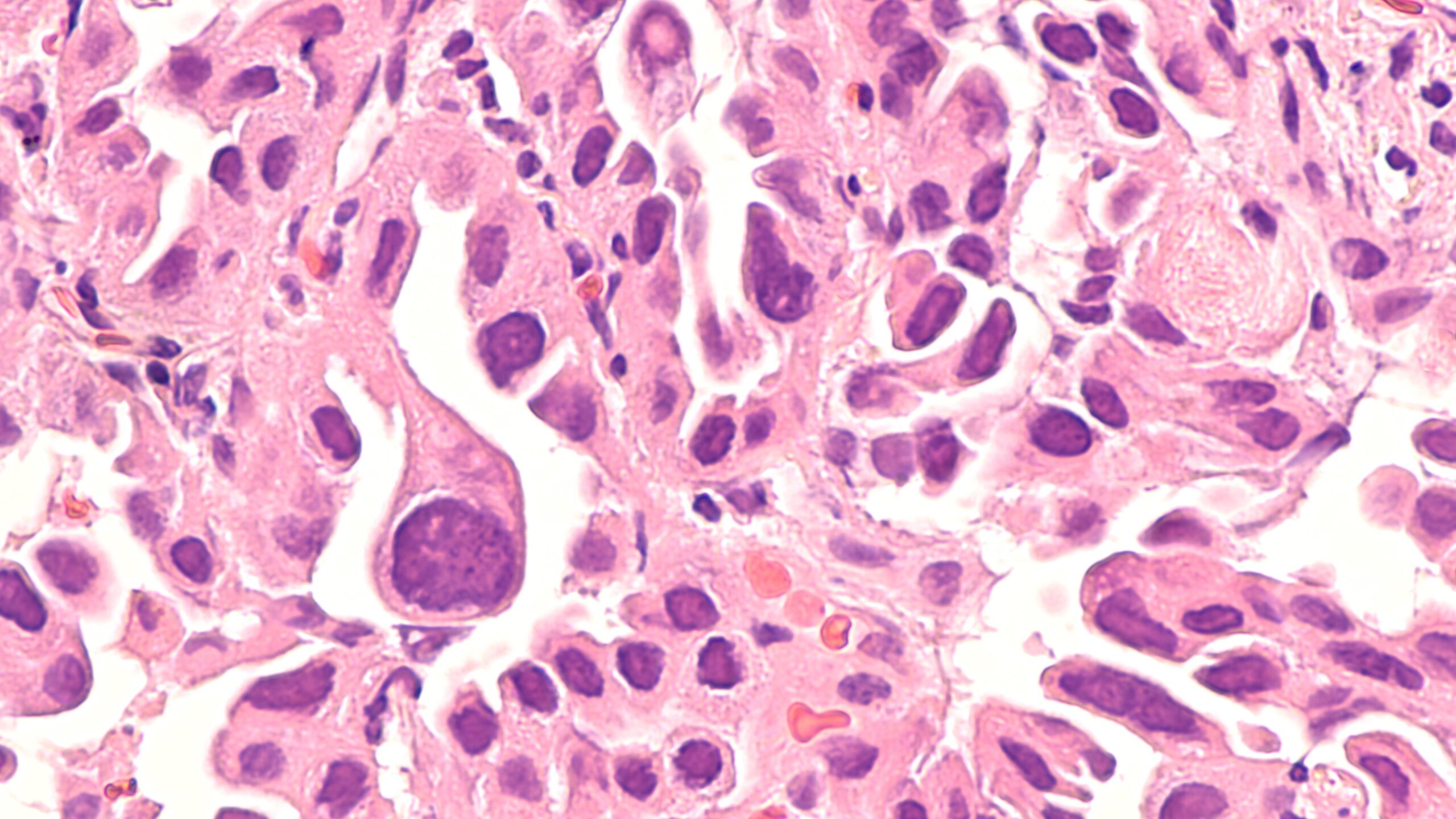
Information on eGFR Inhibitory Activity Analysis Service
VISBIO Co., Ltd. offers an analysis service to test the inhibitory activity of Epidermal Growth Factor Receptor (EGFR) using the Enzymatic Assay method. This testing service is suitable for research aimed at developing herbal products that can inhibit the function of EGFR, a known contributor to cancer. Cancer is categorized as a Non-Communicable Disease (NCD), with a high incidence rate and mortality rate in Thailand. Targeted therapy, which specifically targets cancer cells, focuses on proteins of interest, with EGFR being a highly regarded target due to its expression in various cancer types. Research has shown that EGFR is an efficient target for cancer treatment, influencing cell proliferation and survival. Therefore, analyzing the inhibitory activity of the EGFR enzyme is a crucial step in developing products to anti-cancer.
Mechanism of EGFR Enzyme
Epidermal Growth Factor Receptor (EGFR), also known as HER1 or ErbB-1, is a receptor located on the cell. It belongs to the tyrosine kinase receptor group and becomes active when it binds to ligands or growth factors such as epidermal growth factor (EGF) and transforming growth factor α (TGFα). Binding of these ligands to the receptor leads to dimerization, signaling, and the sequential activation of intracellular signaling pathways through phosphorylation of various proteins within the cell, including proteins like Ras, Ref, MEK and ERK.
In the context of cancer occur in body, the EGFR enzyme plays a significant role in controlling various cellular activities. For example, it influences apoptosis, cell proliferation, cytoskeleton arrangement within cells, differentiation of cells into target cells, gene expression, immune system responses and nervous system functions. If the number of growth factors or EGFR increases, or if the turnover rate of receptors decreases, it can lead to excessive stimulation by growth factors, resulting in abnormal cell growth and potentially leading to cancer.
Herbal Extracts that Inhibit the Activity of eGFR
Herbal extracts that have the ability to inhibit tyrosine kinase include roselle, olive, soursop, siamese neem and red sugarcane. Research has found that siamese neem the best results, followed by roselle, red sugarcane respectively. Siamese neem were tested on A549 lung cancer cells, demonstrating their ability to inhibit cancer cells. These herbal extracts, particularly hydrolysates from Beleric Myrobalan, are effective inhibitors EGFR of tyrosine kinase, a protein that is a target for cancer treatment.
Testing Method for Inhibiting EGFR Enzyme Activity (Luminescence)
The steps for testing the inhibitory activity of EGFR enzyme function as follows: mix the test sample with EGFR enzyme, then add 1X Kinase buffer and mix thoroughly. Add a mixture of Poly(glu-tyr) and ATP to initiate the reaction, mix and incubate at room temperature for 60 minutes. Add the ADP-Glo Reagent and incubate at room temperature for 40 minutes. Add the Detector and incubate at room temperature for 30 minutes. Measure the luminescence signal using a Microplate reader. Calculate the percentage of EGFR enzyme activity inhibition.
The test results can be reported in 2 ways:
- Testing the effectiveness of inhibiting EGFR enzyme function to determine if the sample product possesses inhibitory properties.
- Reporting test results by calculating the half maximal inhibitory concentration 50% of EGFR enzyme activity (IC50). This type of reporting is suitable for raw material samples, herbal extracts, or substances requiring the percentage of inhibition for product development.
Literature:
- Walker, F., Abramowitz, L., Benabderrahmane, D., Duval, X., Descatoire, V., Hénin, D., Lehy, T., & Aparicio, T. (2009). Growth factor receptor expression in anal squamous lesions: modifications associated with oncogenic human papillomavirus and human immunodeficiency virus. Human pathology, 40(11), 1517–1527. https://doi.org/10.1016/j.humpath.2009.05.010
- National Comprehensive Cancer Network. Non-Small Cell Lung Cancer (Version 1.2017) [October 15, 2016]. Available from: https://www.nccn.org/professionals/physician_gls/pdf/nscl.pdf
- https://www.chulacancer.net/faq-list-page.php?id=336
- https://bpsbioscience.com/egfr-kinase-assay-kit
- เกียรติทวี ชูวงศ์โกมล, 2013, การผลิตเปปไทด์ที่ออกฤทธิ์ยับยั้งการทำงานของเอนไซม์ทางการแพทย์และการเกษตรจากสมุนไพรบางชนิด, มหาวิทยาลัยเกษตรศาสตร์
